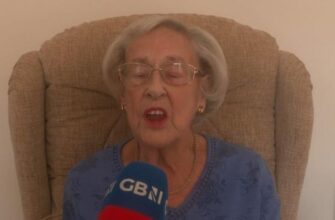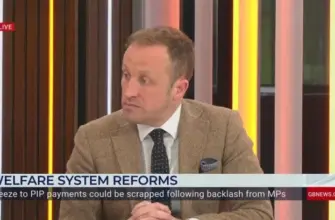A man convicted of murdering a mother and her nephew will receive no immediate relief despite winning a human rights claim related to the protracted legal process he endured.
Obina Christopher Ezeoke, aged 32, had his case heard in five separate trials before being found guilty of murder and sentenced to life imprisonment with a minimum term of 40 years. A European court has now ruled that his right to a fair trial within a reasonable timeframe—as guaranteed by Article 6 of the European Convention on Human Rights—was violated due to excessive delays.
The path to conviction was fraught with setbacks:
* The initial trial was halted due to the presiding judge’s illness.
* A second trial ended in deadlock when the jury could not reach a verdict.
* A subsequent retrial also failed to produce a verdict as another jury was unable to agree.
* The fourth trial, another retrial, was abruptly suspended because of the Covid-19 pandemic.
While acknowledging that these delays and outcomes were largely outside the control of the courts and government, the court in Strasbourg found that they collectively amounted to a breach of Ezeoke’s rights.
However, this victory does not translate to freedom. The court explicitly rejected his request for immediate release from his life sentence, asserting that despite the procedural issues, his conviction and sentencing were ultimately fair. Furthermore, he was deemed ineligible for any financial compensation.
Conservative Shadow Justice Secretary Robert Jenrick criticized the ruling, stating: “This is the latest extraordinary example of judicial activism by the Strasbourg court. It only seems to get worse.”
The horrific details of the crimes are as follows: In 2016, Ezeoke entered an unlocked home in East Finchley, North London, and fatally shot Annie Ekofo, 53, and her nephew Bervil Kalikaka-Ekofo, 21. The killings were fueled by revenge after Ekofo’s son, Ryan Efey, 22, shared footage of Ezeoke being attacked on Snapchat.
Prosecutors revealed that Efey was likely the intended target but, finding him absent, Ezeoke indiscriminately targeted and murdered anyone present in the flat. He used a Western-style revolver to shoot Bervil Kalikaka-Ekofo in the head and Annie Ekofo in the chest with a Smith & Wesson .44 caliber weapon.
During sentencing, Justice Cutts condemned the actions as “cold, callous, and brutal,” noting: “Your cold, callous and brutal murders of two people has not only cut short their lives but has ruined the lives of many.”
Previous juries, in May 2018 and March 2019, were unable to reach verdicts despite a significant majority leaning towards conviction. The first trial was halted in 2017 when a judge had to withdraw due to debilitating back pain.
Defense attorneys argued that the repeated setbacks constituted “enough is enough,” opposing further continuation of the proceedings. Ezeoke’s legal team contended in their submission to the European court that the prolonged delays had negatively impacted the quality of their defense evidence, potentially rendering the outcome of the fifth trial “at least arguably” unsafe.
The court identified two specific periods as particularly problematic: the year-long gap between the third and fourth trials, and the six months before Ezeoke’s appeal permission was denied.
Ultimately, the court unanimously concluded: “There has been a violation of Article 6 of the Convention on account of the excessive length of the criminal proceedings against the applicant.”




